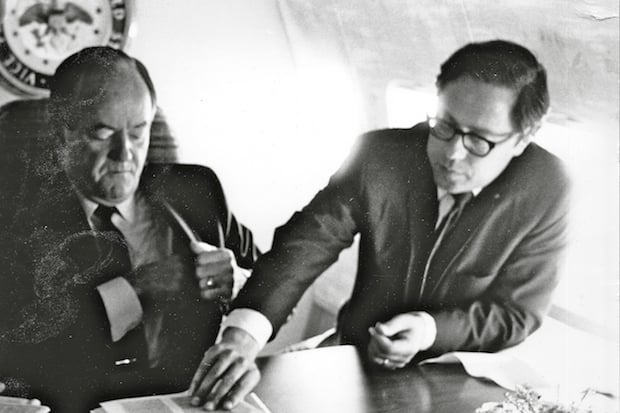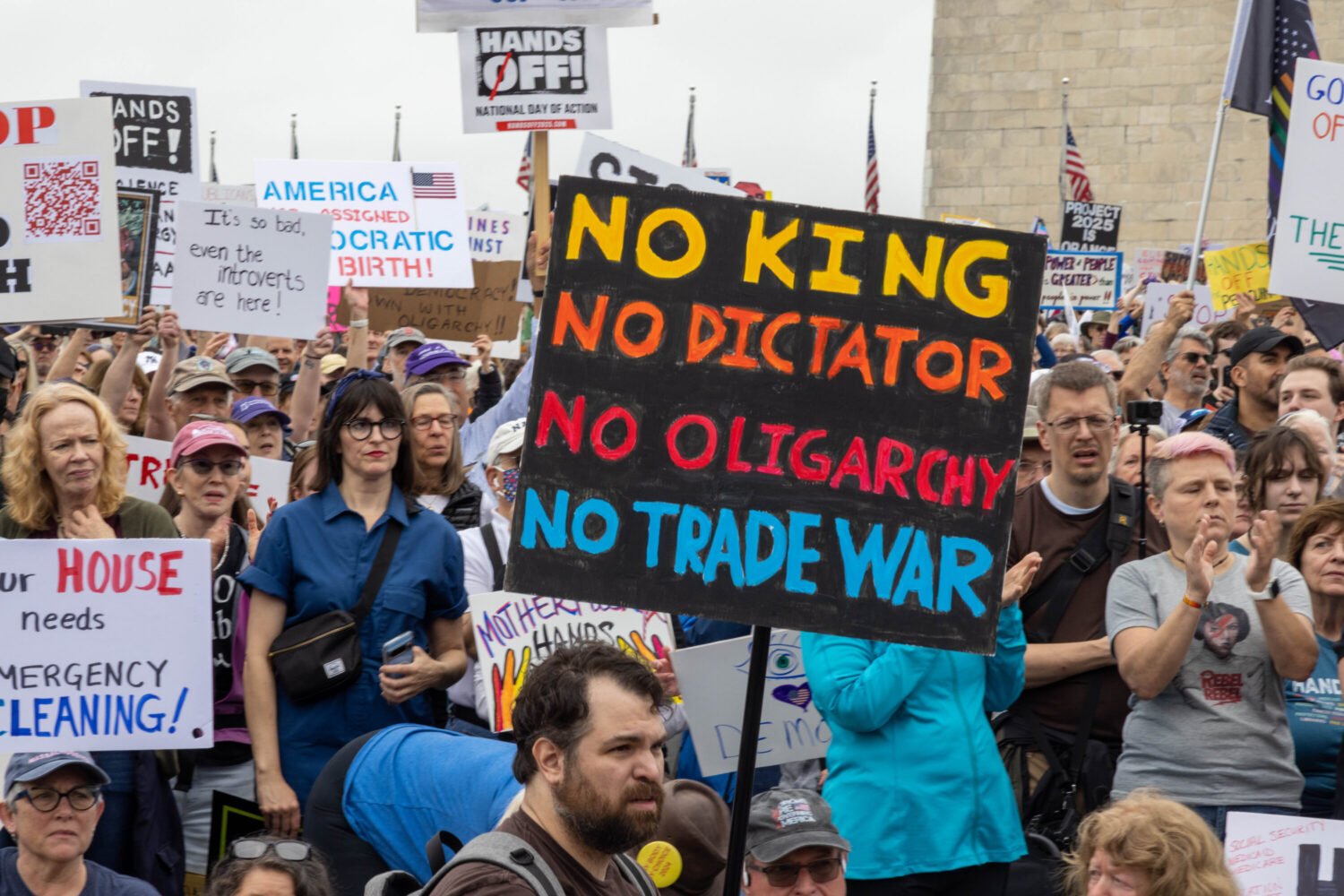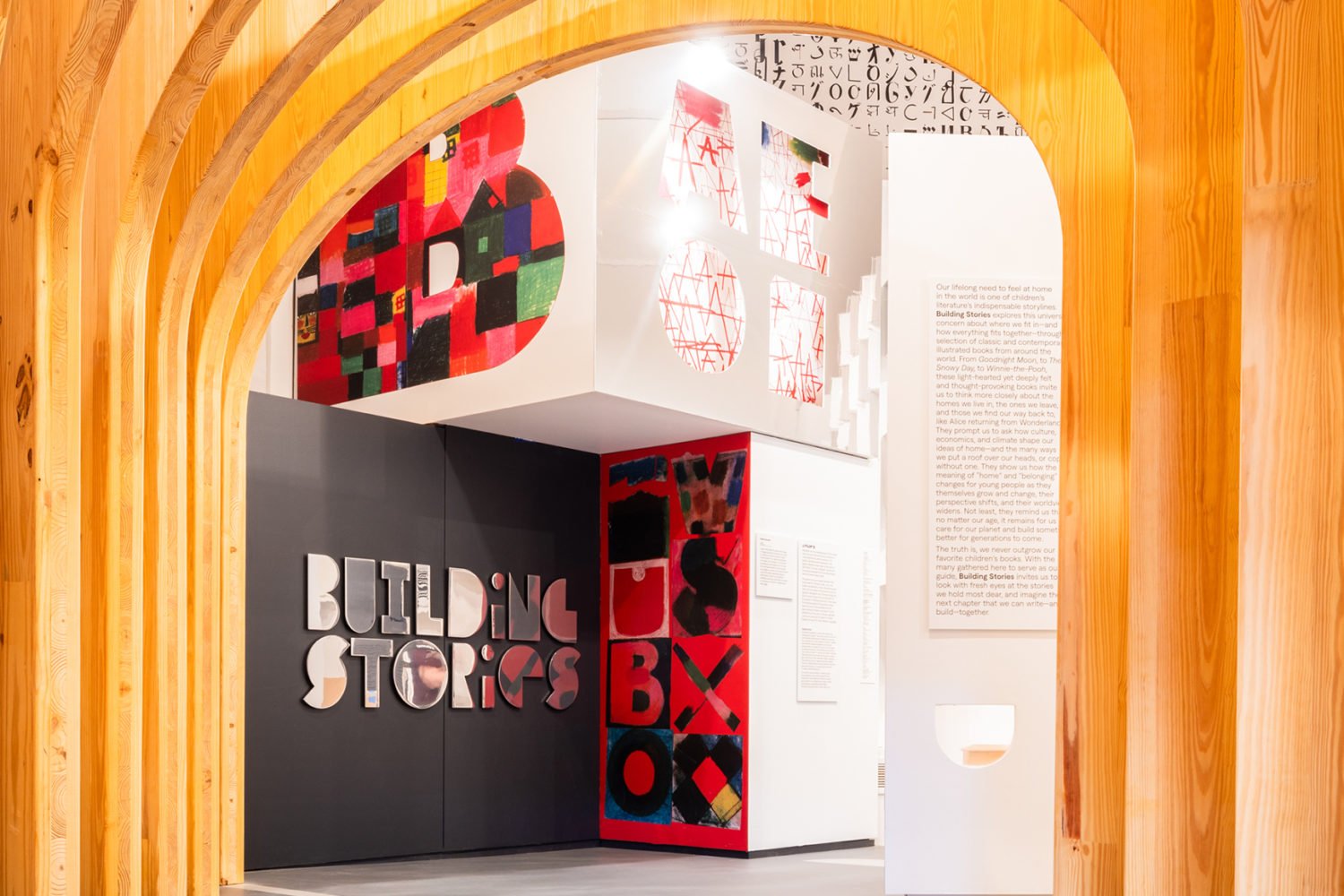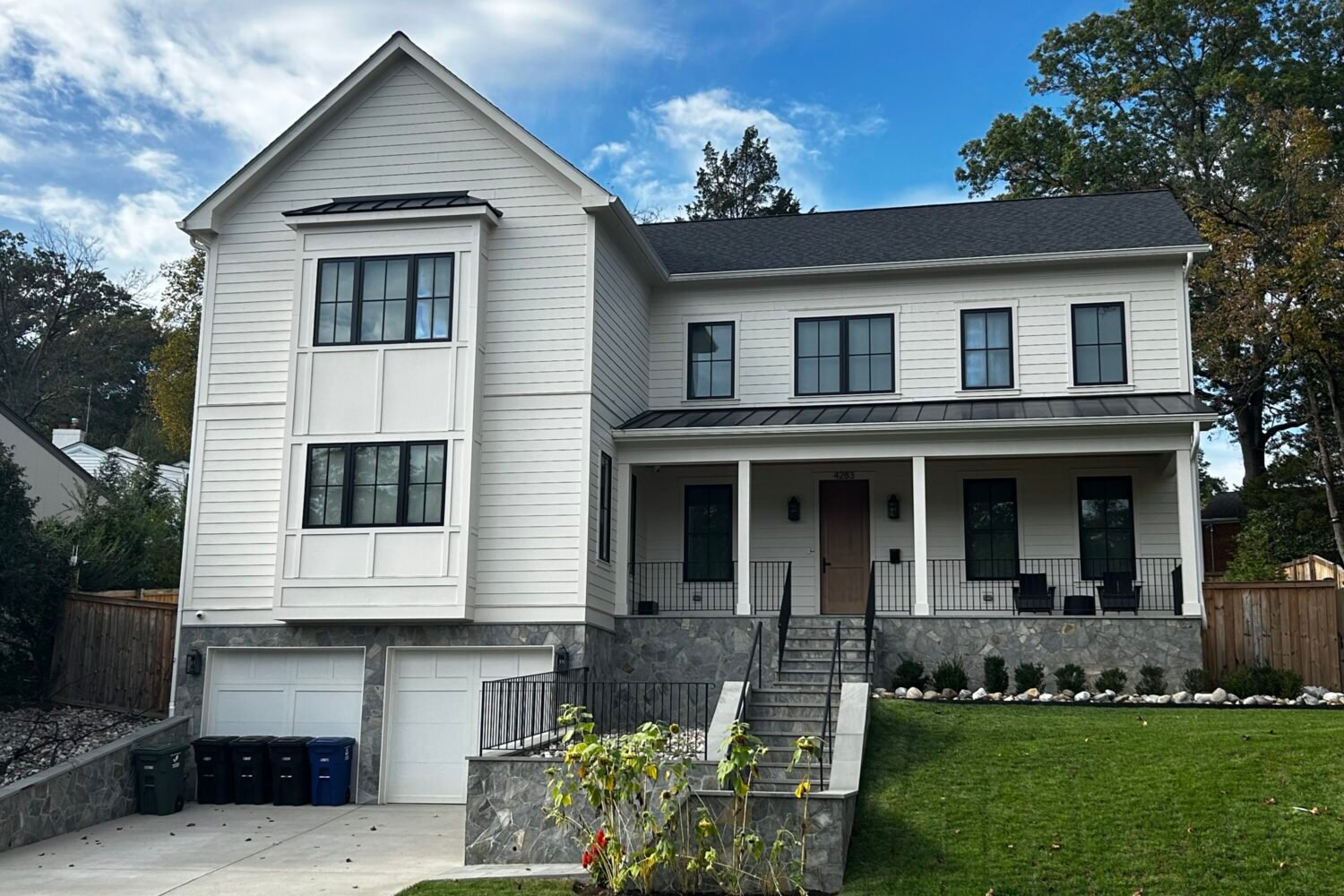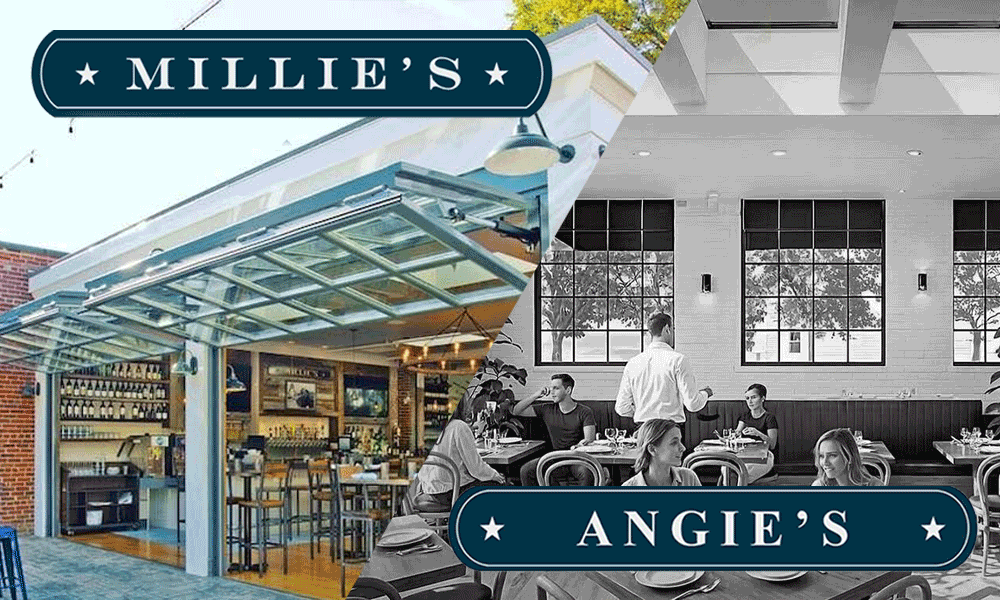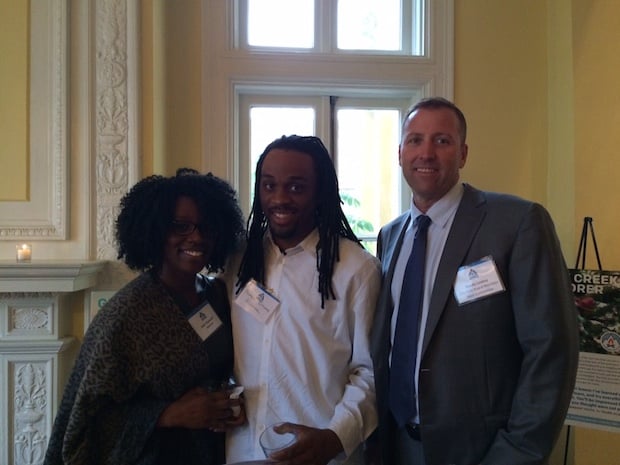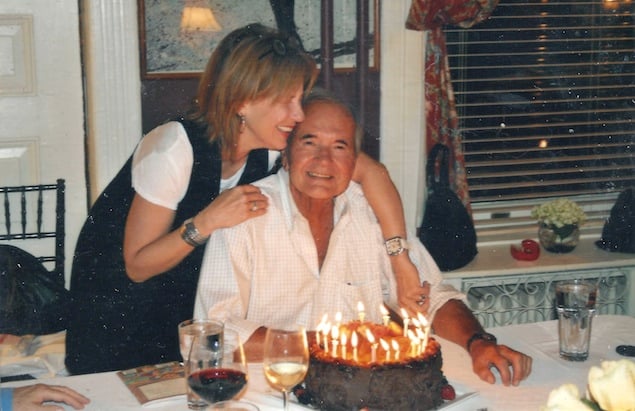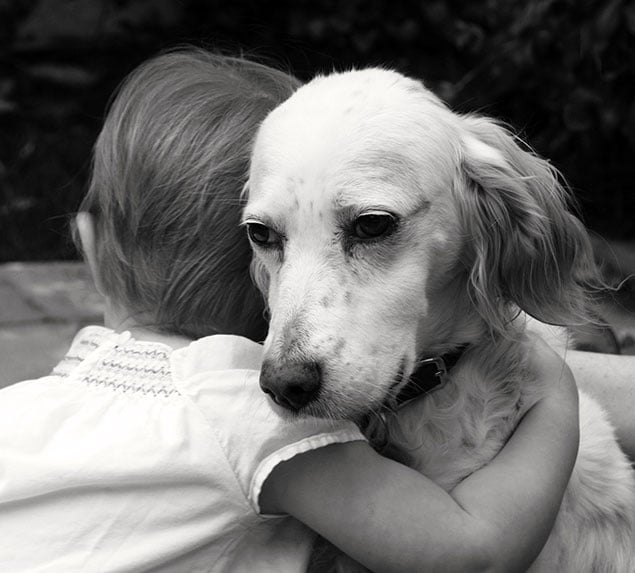Fifty years ago, Lyndon Baines Johnson was sworn in as President and for the next five years lived with a war far away and protests close to home. Today his family and former aides are trying to remake him as a tormented dove who tried his best to end the Vietnam war.
His daughter Luci Baines Johnson recently told the New York Times: “Nobody wanted the war less than Lyndon Johnson,” adding, “No matter how hard he tried, he didn’t seem to be able to get out of that quagmire. Not only did he not get out of it in his lifetime, but his legacy indeed has the weight of the world on it.”
The Johnson effort is understandable, but it is built on fantasy. When LBJ took the oath of office, there were 19,000 American military in Vietnam. When he left office there were 500,000.
Someone ordered them there.
One person who really “wanted the war less” than LBJ was his Vice President, Hubert H. Humphrey. At Humphrey’s first National Security Council meeting, he made the case for getting out of Vietnam. That was his last opportunity for a year. Because the Vice President is by statute a member of the NSC, Lyndon Johnson limited Vietnam discussion to other meetings—those to which Humphrey was not invited.
Humphrey became a Vice President without portfolio. He was silenced and demeaned in absentia. Johnson soon began delivering in Texan poetry an off-repeated line, “Ah got Hubert’s pecker in mah pocket.” Johnson found petty ways to show his anger, and his example was not lost on White House aides. Joseph Califano, one of today’s revisionist leaders but back then only in his mid-thirties and prematurely arrogant, once kept the Vice President waiting for 45 minutes after Humphrey arrived for a scheduled White House meeting.
Ultimately Humphrey was begrudgingly resurrected through the efforts of Lady Bird Johnson, who maintained her long friendship with Muriel Humphrey. Johnson sent Humphrey to Vietnam, and the Vice President became a quietly skeptical public cheerleader for Johnson policies.
***
When Johnson announced on March 31, 1968, that he would not seek a second term, whatever dove-like tendencies he held should have made him an advocate of Humphrey and at least accepting of some deviation from his hardline Vietnam policies. Without that, the mood of the country that drove him out of office would haunt Humphrey. But Johnson invited no private discussion with Humphrey, no wiggle room for any policy shift.
Humphrey was not alone in this treatment. Mike Mansfield, the Senate majority leader and a dove, told a friend that he never discussed Vietnam with Johnson because “LBJ doesn’t think it is useful to spend time on an issue where he is not going to change his mind.”
As the presidential nominating convention was about to begin at the end of August 1968, chaos was inevitable in Chicago. We knew what television would show. Senator Walter Mondale, close friend of Humphrey for 20 years and co-chair of the Humphrey for President Committee, called Mayor Richard Daley and suggested that the convention be moved to Miami—where the Republicans had held their convention—as the city would be prepared for another. When that suggestion was rejected, Mondale urged that some space be made available where protesters could gather and make their speeches. Daley said in dismissal, “We will give them every courtesy.”
A second imperative was a Democratic party peace plank. It did not require total repudiation of the war or an insult to Johnson. Humphrey set out to get one. Accepting suggestions and reservations, he found common ground with hawks and doves. He cleared his ideas with Secretary of State Dean Rusk, White House foreign policy advisor Walt Rostow, Charlie Murphy, a close outside advisor to the President, and with the Eugene McCarthy forces—although McCarthy remained not quite totally satisfied or cooperative.
Congressman Hale Boggs of Louisiana, a close friend of Johnson, showed up in the Humphrey convention suite to say that no deviation from the Johnson Vietnam policy would come out of the platform committee he chaired. Boggs dismissed what Humphrey reported about finding consensus. Boggs clearly spoke for the President.
What none of us knew was that President Johnson had decided he was ready to challenge Humphrey for the nomination. Johnson called Mayor Daley, a reluctant Humphrey supporter, asking two things: Could his helicopter land safely on the Hilton Hotel roof and did Daley think he could get enough votes to beat Humphrey? Daley, no structural engineer or national vote counter, said yes to both. The Secret Service said no. They couldn’t assure LBJ’s safety on the roof or on the street. He finally gave it up.
But his minions were on the ground, put in place when Johnson still was likely to be the candidate. They ran the convention—from where we all would stay to what would be in the platform and who would be in the audience. Humphrey’s son-in-law stood in line with the public to get tickets for the family to attend the nominating session.
***
The Chicago convention, my fourth, was worse than we expected. Daley’s courtesy was later called a “police riot.” Protestors were beaten, jailed, and threatened by police swinging their horses’ back ends into crowds. Some protesters brought their anger into the hotels, often making a ride on an elevator into a misadventure of tension and fear.
All of that made my own job as Humphrey press secretary close to impossible. Press briefings could not be held in a normal way: in a room with podium, microphone, and seats. I briefed the press standing in a hallway surrounded by elevator doors opening and closing. On nomination day, I stood and shouted my information, answered shouted questions, taking a final question from a reporter I could not see. “Will Hubert take Lyndon as his vice presidential running mate tonight?” There was laughter and I said, “Lyndon who? And that’s off the record.” One reporter decided that, since I had instructed that my quip be kept off the record after I’d said it, he could file it. Unfortunately he was from the Associated Press.
When I got to Humphrey’s suite, he asked, “Did some son-of-a-bitch just ask ‘Whose Lyndon?’” I said, “You’ve got the right son-of-a-bitch but the wrong line.” He had just received a call from the LBJ Ranch from Arthur Krim, Hollywood mogul, New York financier, and our main fundraiser. He said if Humphrey had guys like me on the staff, he would not be raising another dollar. Humphrey told me he could hear the President breathing into a separate telephone.
The air was leaving our campaign as well. Humphrey finally decided he had to speak out, that if he remained silent on Vietnam, the protests would continue with shouts of “Dump the Hump” and signs that said “Killer of Babies.” No national campaign is easy, but this one was unrelentingly hard and almost hopeless. By the fall, Humphrey was 18 percentage points behind Richard Nixon in the polls, and there seemed no way up without some new policy on Vietnam.
At the end of September, Humphrey phoned Johnson as a courtesy from a television studio in Salt Lake City. He told the President he was going to call for stopping the bombing of North Vietnam. Johnson had few words. He said first: “I take it you are not asking for my advice.” He listened for a bit as Humphrey tried to explain what he intended to do then icily said, “You’re going to give the speech anyway. Thanks for calling, Hubert.” And he hung up.
***
Humphrey did not appease Johnson, but he did persuade many Americans. The signs along our campaign motorcades changed. They read, “If you mean it, we’re for you.” Shouts of anger turned into cheers of support. Humphrey said he could feel the difference. We came to the final week, ahead in one poll, almost even in others.
As we approached election day, Vietnam peace talks went on in Paris. President Johnson had softened his hard-line attitude, and there seemed hope for a change in policy leading to peace. But Anna Chennault, a Chinese charmer who had married an American World War II hero, was a major fundraiser for Nixon and assumed, or more likely was assigned, the task of preventing any peace agreement before the election.
Theodore White, the writer-chronicler of presidential elections, later wrote that Anna Chennault “had undertaken most energetically to sabotage (the peace talks). In contact with the Formosan, the South Korean and the South Vietnamese governments, she had begun early, by cable and telephone, to mobilize their resistance to the agreement—apparently implying that she spoke for the Nixon campaign.” The South Vietnamese President repudiated any peace agreements.
Humphrey, although he knew what was happening, would not say anything about Chennault’s activities because the information was based on intelligence sources. Had Johnson informed him, given Humphrey a heads-up, we might have been able to speak out just enough to make a difference. But we heard nothing. I begged Humphrey to let me tell all of this to the press. I was certain that Americans of both parties would be outraged at what was a treasonous act by Nixon and that we would get the final boost we needed. I told him that if it rebounded against us, he could fire me as the unauthorized leaker.
Teddy White concluded: “Fully informed of the sabotage of the negotiations by our negotiators (secretly and without White House knowledge) and the recalcitrance of the Saigon government, Humphrey might have won the Presidency of the United States by making it the prime story of the last four days of the campaign. He was urged by several members of his staff to do so. And I know of no more essentially decent story in American politics than Humphrey’s reluctance to do so.” It was the final moment when Johnson could have helped elect Humphrey, and probably seen the Vietnam war end. He chose not to.
***
Lyndon Johnson was a good President, a great one in the eyes of some historians. But he could be arbitrary and mean. His treatment of Humphrey, on Vietnam and other matters, was not the mark of civility, much less greatness. Humphrey was not the first to suffer his wrath.
In 1960, Johnson’s close friend Jim Rowe sent him a letter. “I have not seen you pay one compliment, thank one person. I have seen you do nothing but yell at them….Maybe you do not know it—I do—the morale of your staff is awful. They are in tears, all of them, they are beginning to dislike you intensely. They cannot do anything right, they don’t dare make a decision about where to hang your clothes even, and they bend their heads and wait for the blows to fall—like obdurate mules who know the blow is coming.”
Rowe had a solution and suggestion: “One day a week, go up and down that plane and tell George Reedy and Bill Moyers and the stenographers…that you appreciate what they are doing for you….I have a feeling that at present you are caught between vanity…and a curious lack of self-confidence about your judgment of men.” Then he laments, “This is probably the end of an old friendship. But somebody has to say these things. And I will say one more thing I didn’t mean to say—lay off that booze.”
Shutting up Vice President Humphrey after that first NSC meeting may well have resulted in thousands of American and millions of Vietnamese lives lost. The war dragged on, and the country endured turmoil and protest on the streets, on campuses, even in churches. It brought us Richard Nixon and Watergate. Had Humphrey been permitted to speak, the course of the war might well have been different. Had his voice been heard and his ideas considered, there would be no need today to remake Johnson into something he wasn’t. Lyndon Johnson never flew on the wings of a tormented dove.
Norman Sherman was Vice President Hubert H. Humphrey’s press secretary and editor of Humphrey’s autobiography, The Education of a Public Man. He spent many years living in Chevy Chase.

